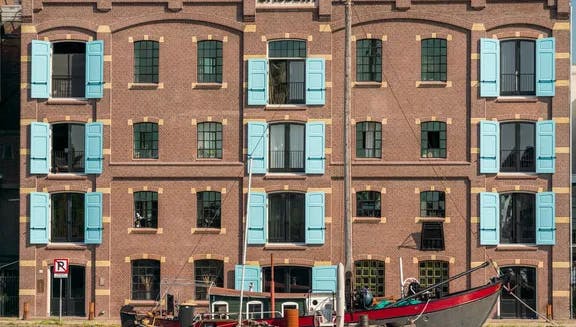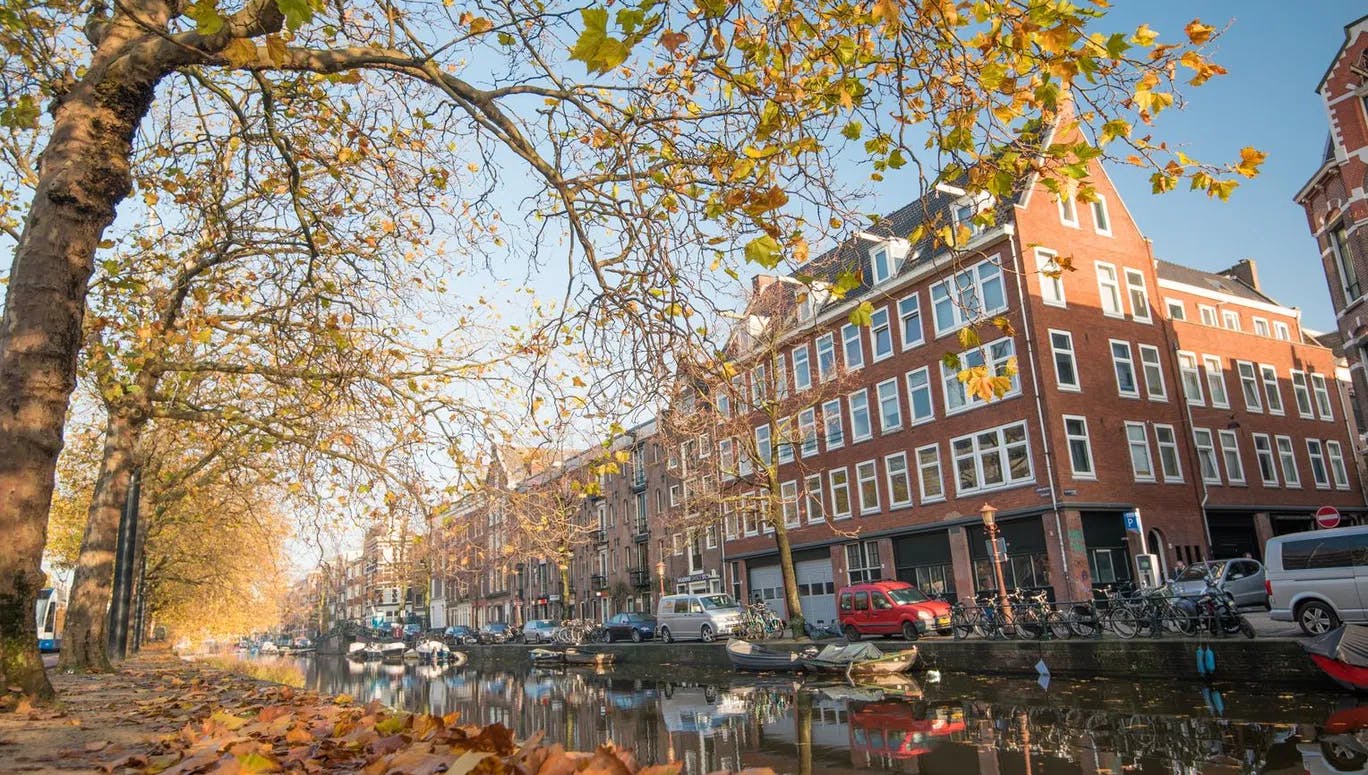
6 insider secrets for securing a Dutch mortgage
15 April 2025

Article provided by Mister Mortgage, an IN Amsterdam partner.
The tremendous demand to buy or invest in real estate in the Amsterdam Area has earned the city the reputation of being a notorious destination where the demand does not always meet supply. Renting a home when relocating to a new country can be a short-term solution. However, when the time comes to settle down, you will most likely begin to consider whether it is preferable to rent or buy a home in the Netherlands.
One of the most popular questions that newcomers ask is: ‘Can I get a mortgage if I move to the Netherlands?’ Everyone who holds a BSN number can apply for a Dutch mortgage. You can already check how much mortgage you can afford and start looking for your dream home before relocating to the Netherlands.
The following question is: ‘When is it an excellent time to buy a home?’ Due to the increasing rental prices and decreasing interest rates, the housing market is continuously performing strong. Low interest rates and the housing shortage increased the competition between homebuyers in the last decade. High demand and low supply push housing prices up in the Netherlands.
A Dutch mortgage is based on the loan-to-income (LTI) ratio, and you can borrow 100% of the loan-to-income. The amount you can afford depends on your annual income and the value of a property.
To close a mortgage in the Netherlands, you need savings. Mortgage closing fees involve a transfer tax of 2% (if applicable), a real estate agent fee, a notary fee, a translator fee, a valuation report, and a mortgage brokerage fee.
Good to know: there are more than 35 mortgage lenders in the Netherlands. Dutch mortgage advisers work with multiple mortgage lenders, while the banks only represent themselves.
As a homeowner, your annual expenses will likely stay, if not stable, then predictable. Initial buyer’s costs aside, you can anticipate your annual costs, such as property taxes and insurance. Should repairs or renovations arise, you yourself sign off on them rather than receive a surprise bill. While most landlords cover major repairs, renters are still often responsible for minor ones. And should you have a mortgage, you can fix and adjust interest payments, giving you more decision-making and a sense of control over monthly expenditures than in a renter-landlord relationship.
Buying, rather than renting, in the Netherlands provides many international residents, just like their Dutch counterparts, financial benefits and tax discounts. Once you’ve settled in and, usually within a few years, capitalised on your buyer’s costs, another payoff is the comfort that your home is all yours to do whatever you want in and with. And illiquid, though it may be, a home is capital. This means its investment can be put towards another future investment – be it a bigger family home, a future relocation, or other changing circumstances.
Need more advice about how to buy your first home in Amsterdam? Get in touch with Mister Mortgage.